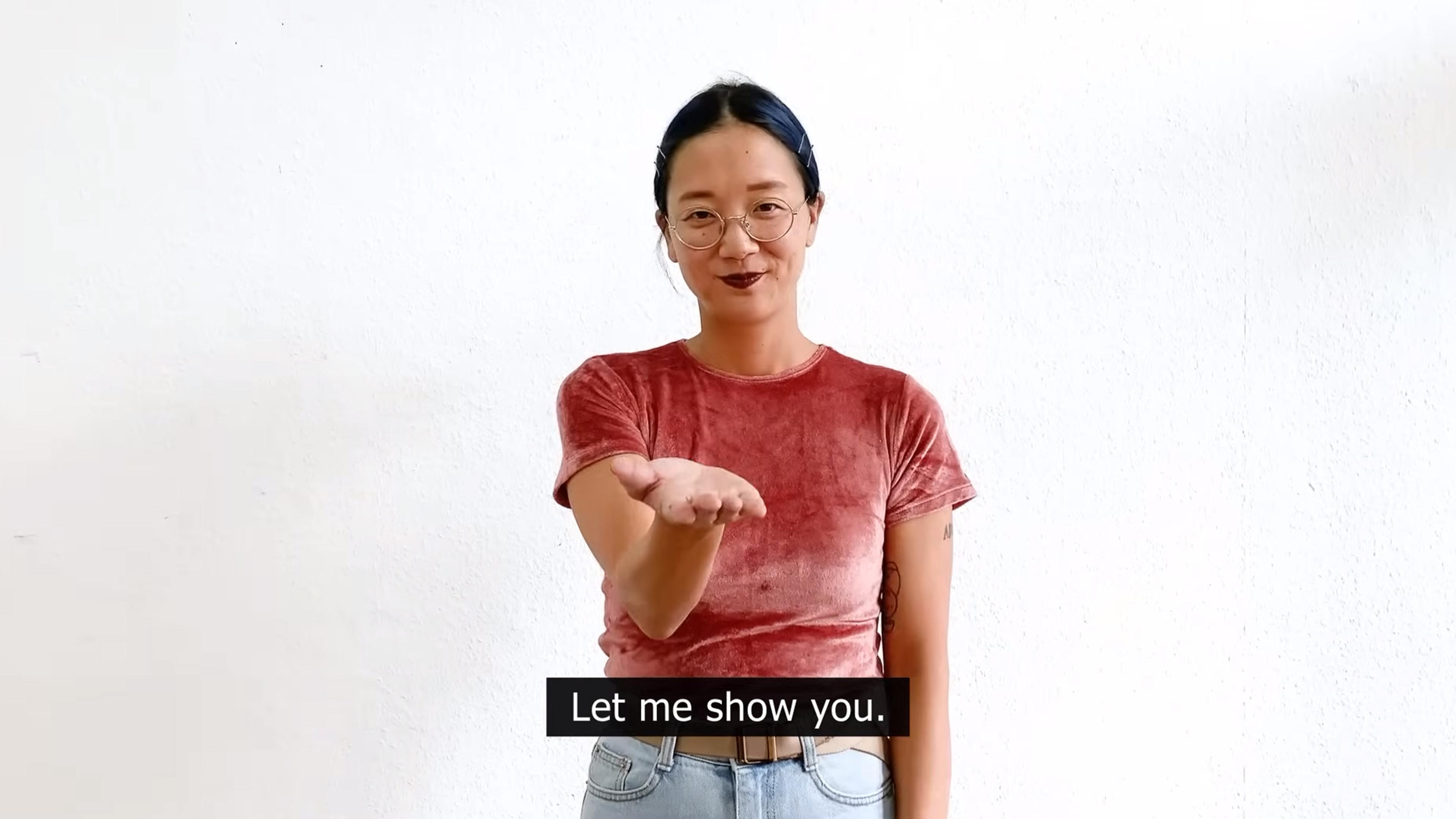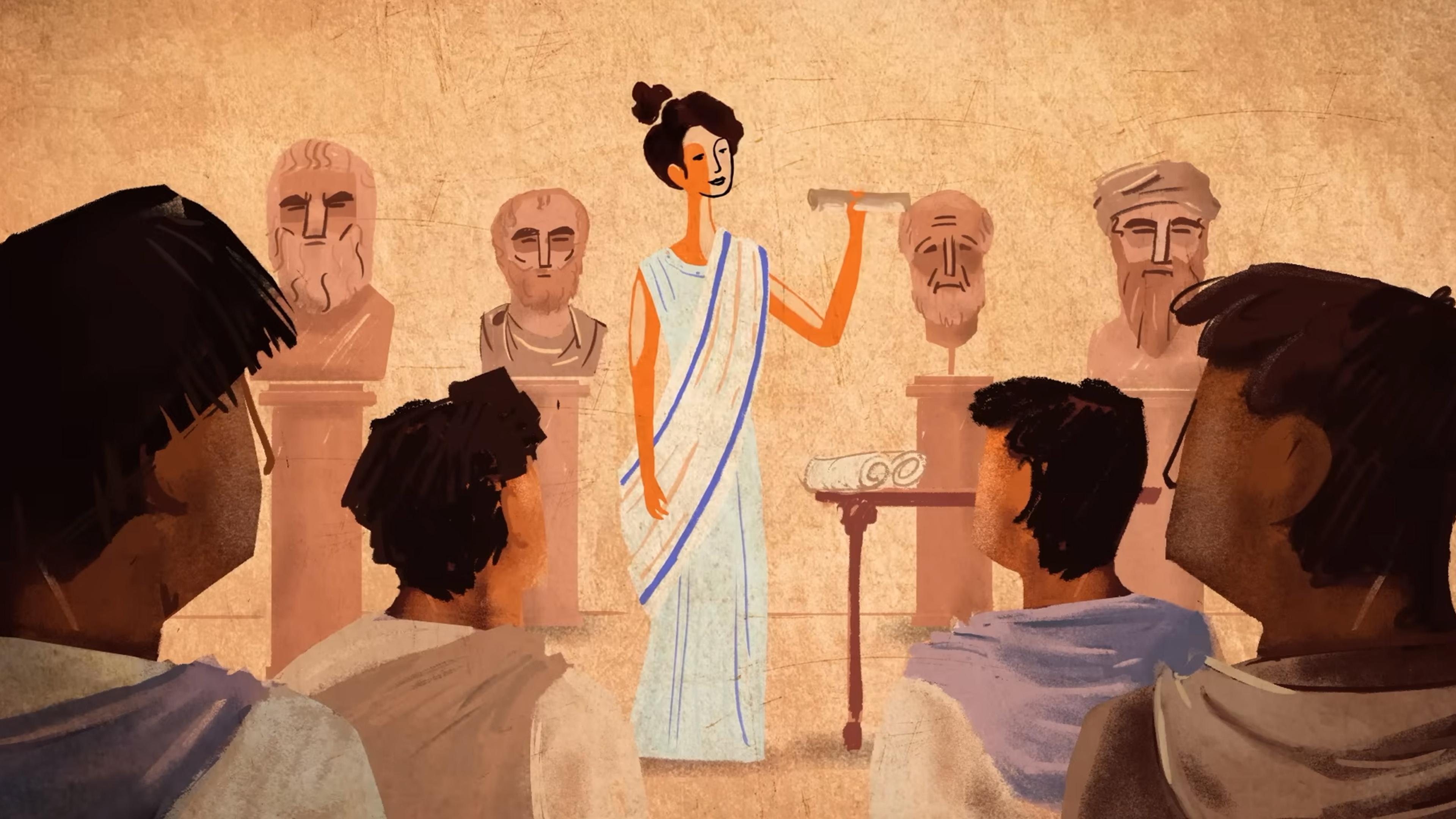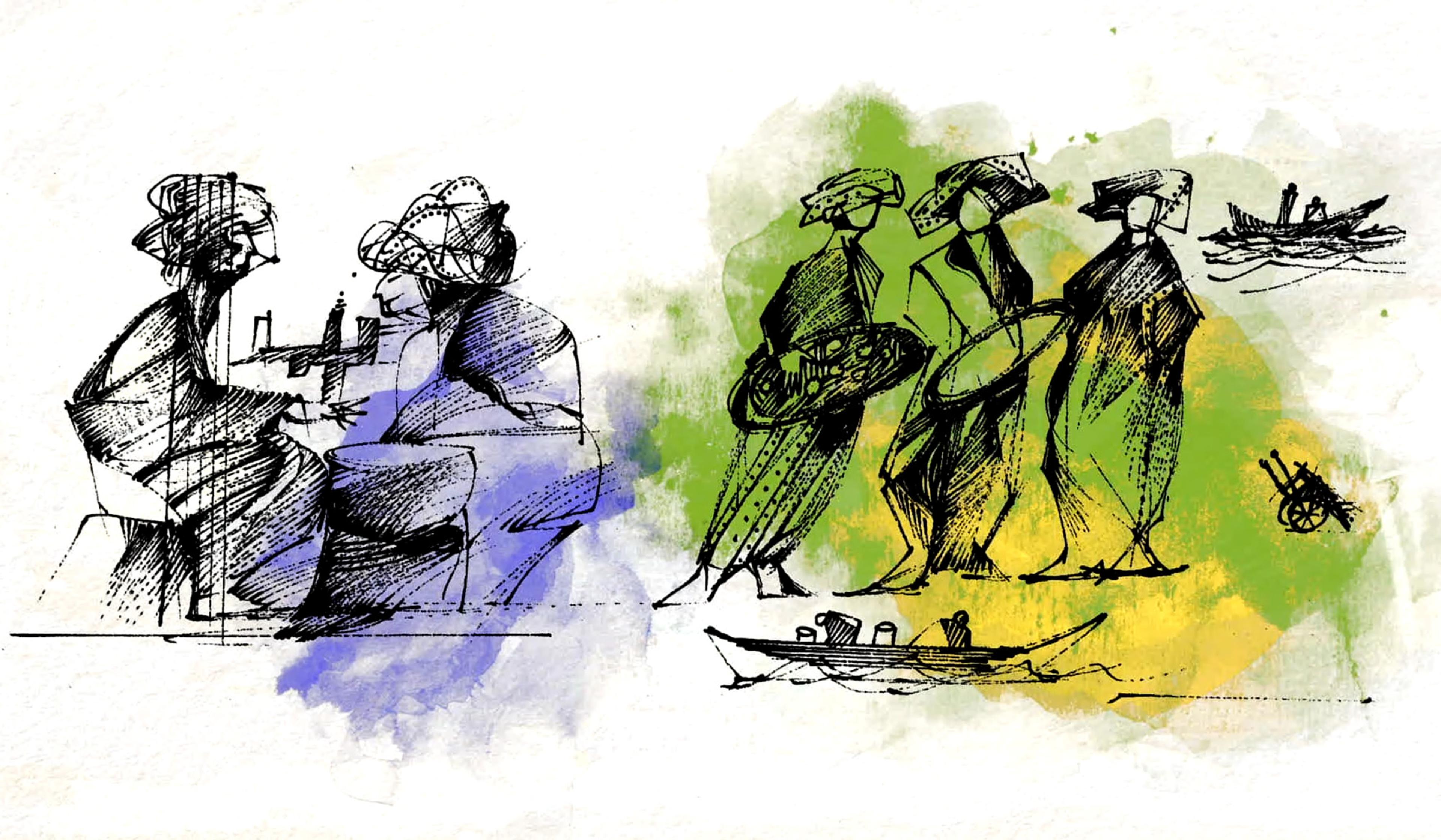Aeon Video has a monthly newsletter!
Get curated editors’ picks, peeks behind the scenes, film recommendations and more.
From eruption to obliteration – the sights and sounds of 48 fateful hours in Pompeii
Before the eruption of Mount Vesuvius on 24 August 79 CE, Pompeii was a thriving Roman port city and commercial hub near modern-day Naples, and home to an estimated 15,000 people. Closer to the mountain’s base and on the other side, the nearby town of Herculaneum, estimated population 5,000, was smaller, wealthier and a popular resort for elite Romans. After the eruption, both remained buried, their memories lost to time, until they were excavated and identified in the 18th century. In the years since, the continuing excavation of their eerily preserved buildings, artifacts and human remains have given archeologists and researchers an invaluable window into ancient Roman life.
The only firsthand account of the eruption comes from the author and lawyer Pliny the Younger. In his correspondence with the historian Tacitus, Pliny describes helplessly watching from nearby Misenum as the tragedy unfolds:
Some wishing to die, from the very fear of dying; some lifting their hands to the gods; but the greater part convinced that there were now no gods at all, and that the final endless night of which we have heard had come upon the world.
This animation, produced in 2009 for an exhibition at the Melbourne Museum, brings his harrowing words to stark and vivid life. Transporting viewers back to the morning of the eruption, the video recreates sights and sounds from that fateful day through to the following night, at which point both Pompeii and Herculaneum already lay buried deep in volcanic ash and debris.
Video by Zero One Studio

video
Animals and humans
Why be dragons? How massive, reptilian beasts entered our collective imagination
58 minutes

video
Rituals and celebrations
Flirtation, negotiation and vodka – or how to couple up in 1950s rural Poland
5 minutes

video
Technology and the self
In the town once named Asbestos, locals ponder the voids industry left in its wake
16 minutes

video
Biology
How the world’s richest reds are derived from an innocuous Mexican insect
5 minutes

video
Cities
A lush, whirlwind tribute to the diversity of life in a northern English county
3 minutes

video
Film and visual culture
‘Bags here are rarely innocent’ – how filmmakers work around censorship in Iran
8 minutes

video
Language and linguistics
Closed captions suck. Here’s one artist’s inventive project to make them better
8 minutes

video
Thinkers and theories
A rare female scholar of the Roman Empire, Hypatia lived and died as a secular voice
5 minutes

video
Anthropology
Why are witchcraft accusations so common across human societies?
4 minutes